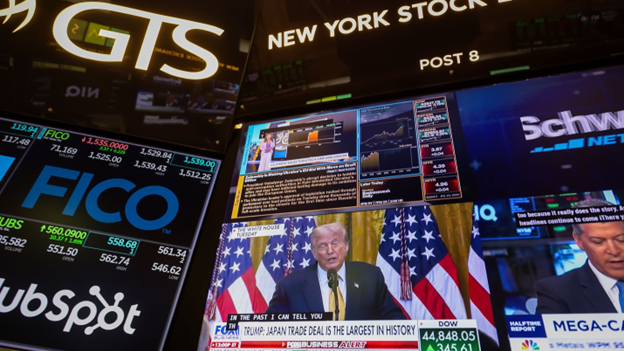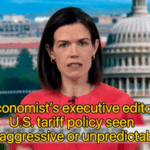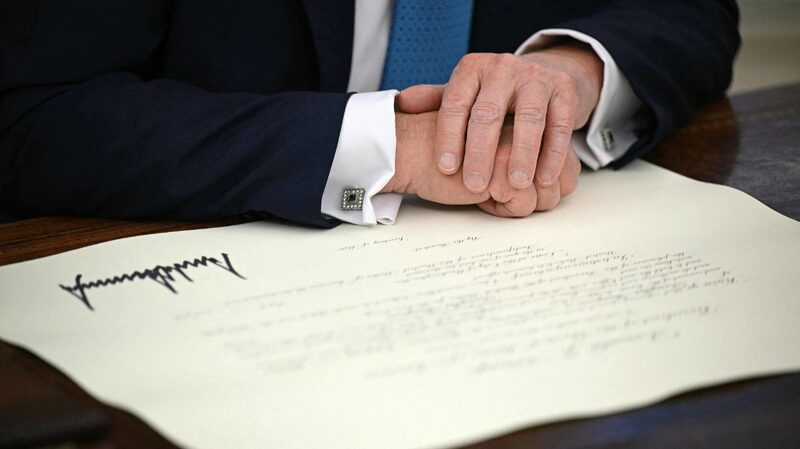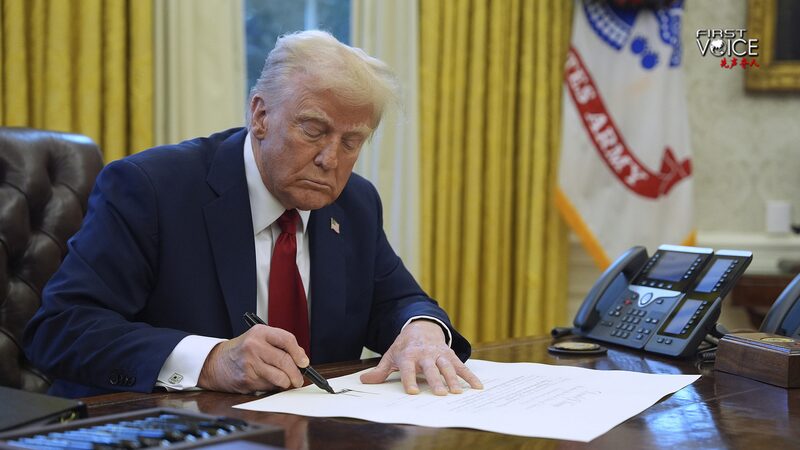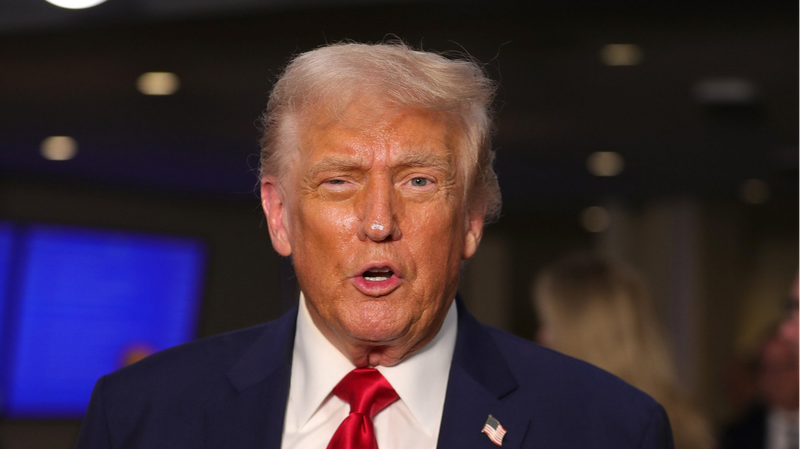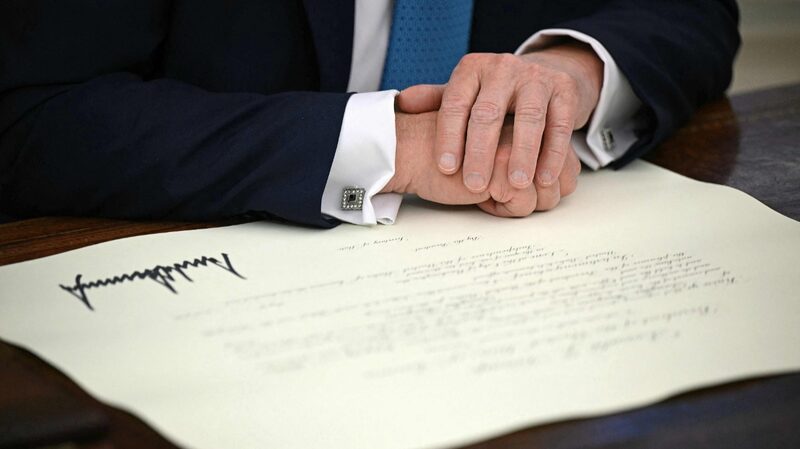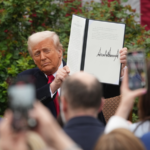Editor's note: Radhika Desai, a special commentator for CGTN, is a professor of political studies at the University of Manitoba in Canada. The article reflects the author's opinions and not necessarily the views of CGTN.
As the latest U.S. tariff deadline shifts to August 7, global markets remain unfazed, reflecting growing skepticism about the economic impact of President Trump's trade policies. Analysts compare the measures to 18th-century "Potemkin villages" – elaborate facades masking minimal substance – as temporary exemptions and vague deals dominate headlines.
While vulnerable Asian economies like Myanmar and Laos face steep 25% tariffs, major players including Japan and the EU secured last-minute agreements criticized as largely symbolic. The U.S.-Japan "deal," announced without detailed documentation, reportedly promises $550 billion in investments – a claim Japanese officials later disputed.
Market reactions suggest investors anticipate further delays, with the Financial Times dubbing Trump's pattern of brinkmanship the "TACO trade" (Trump Always Chickens Out). Experts argue corporate interests, rather than voter concerns, drive these tactical retreats, as seen when April's proposed tariffs were swiftly paused following stock market turbulence.
The measures' theatrical nature raises questions about their long-term economic purpose. While Trump frames tariffs as tools to revitalize U.S. manufacturing, critics note they primarily serve political optics – projecting strength ahead of elections while avoiding lasting damage to corporate allies.
Reference(s):
cgtn.com
